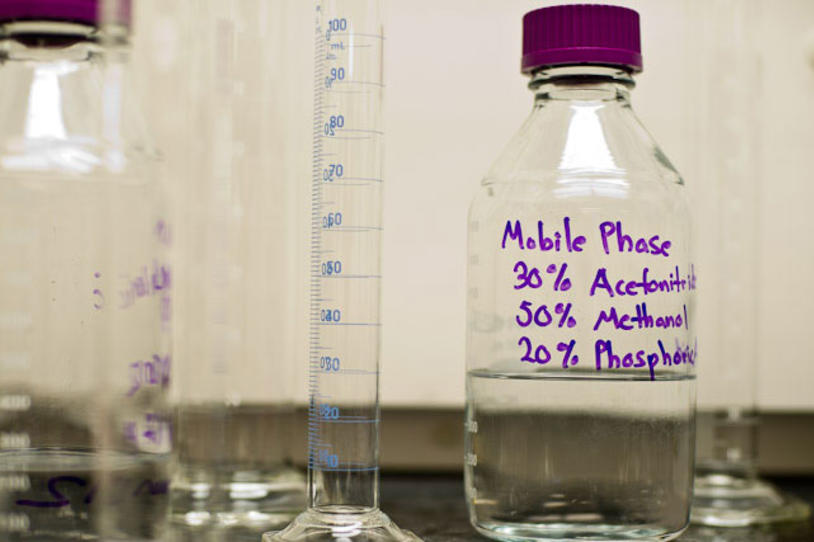
Last spring, we reported on the long, strange ride of the drug Northera, Chelsea Therapeutics' candidate to treat orthostatic hypotension in Parkinson's and other diseases, which was ultimately denied approval by the U.S. Food and Drug Administration in March. Those living with orthostatic hypotension — a sudden drop in blood pressure when standing up, which can cause dizziness, falls and injury — continued to wait for a drug.
But despite the FDA’s decision, the door wasn’t completely closed on the drug, as the FDA asked Northera to provide additional efficacy data from an ongoing clinical trial. Today, the latest chapter in the saga, as Chelsea is announcing a mixed bag of preliminary results from a phase 3 clinical trial.
So here’s the good news: The study found that those patients taking Northera experienced clinically meaningful and statistically significant improvements in standing blood pressure, as well as in dizziness and lightheadedness, when compared to placebo after one week of treatment.
And here’s the harder to interpret news: When tested over a period of more than a week, the data into Northera’s ability to treat standing blood pressure, dizziness and lightheadedness was not statistically significant when compared to placebo. Treatment with Northera also resulted in a reduction in the rate of patient falls over the course of the study, Chelsea said, but this data was also not significant statistically.
Additional studies will likely be needed to establish clinical significance of Northera before the FDA could rule on whether or not it should be made available on the market.
Northera is the brand name for droxidopa, which has been approved to treat orthostatic hypotension in Japan since 1989.
In related news, The Michael J. Fox Foundation (MJFF) is funding a separate project on droxidopa investigating its potential to treat cognitive disorders in PD, under our recurring Repositioning Existing Drugs program. The trial is currently in the second phase of clinical testing.